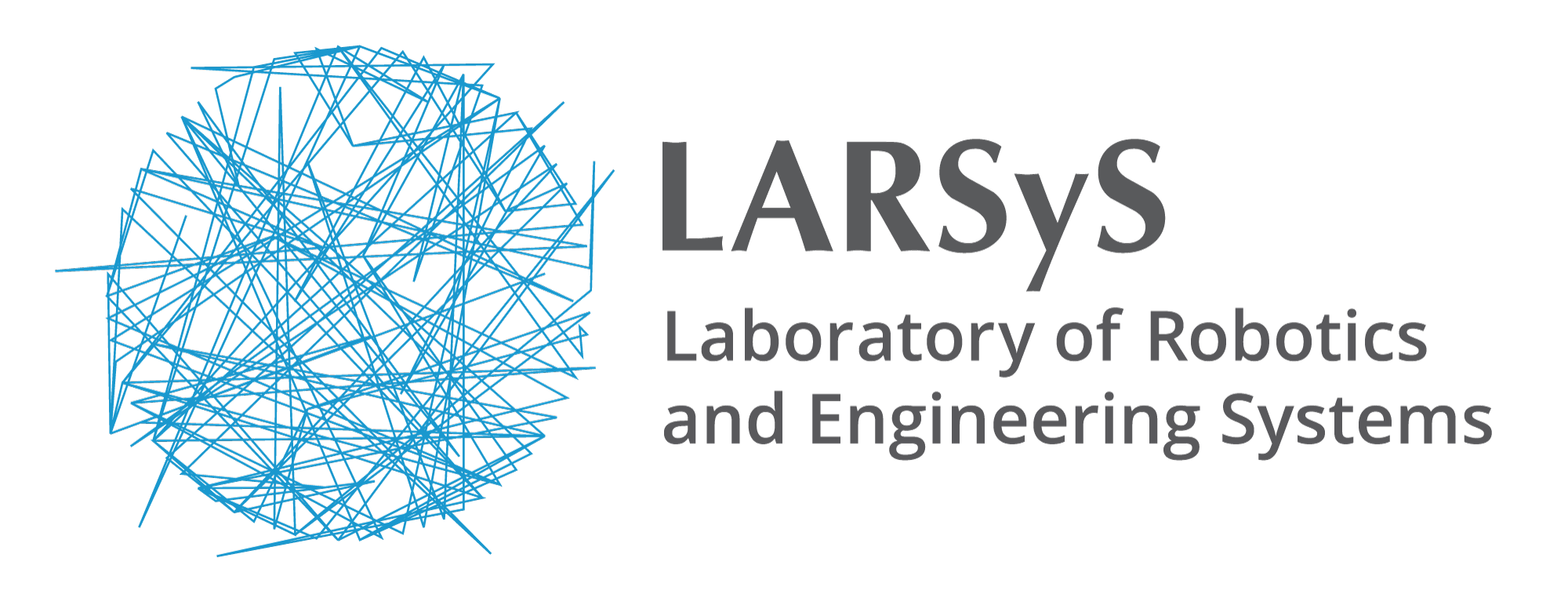Cities face unprecedented challenges in terms of economic, social and environmental resilience, governance and management. At the same time, they are hubs of innovation and wealth creation, currently housing 72% of the European population.
The URBAN thematic line undertakes multidisciplinary research to promote the sustainable management of urban systems at multiple scales (from buildings through the neighborhood, city to the hinterland) across multiple domains (energy, transport, water, resources, waste) using threefold approach:
- URBAN METABOLISM scientific framework to model and forecast the interactions between multiple urban systems;
- URBAN INFORMATICS to develop platforms to collect and store data and generate information to feed models and support the development of decision making tools for citizens, municipalities and governmental agencies;
- URBAN SYSTEMS to design new technologies, services and products and policies for urban environment. The coastal urban areas of Lisbon (the only Atlantic capital of Europe) and Funchal (capital of Madeira Island an outermost region of Europe) provide the main case studies and testbeds for this thematic line.
As the modelling tools based on static datasets (census, input-output tables, etc.) are becoming mature, research on urban metabolism focuses on the integration of machine learning algorithms to automatically update and evolve the urban data sets that support the models and improve their capabilities (together with the introduction of exergy analysis as a unifying framework for mass and energy flows and to connect the urban metabolism to the creation of economic value). This requires a closer integration with urban informatics to identify new relevant data streams and also in urban systems, to develop new solutions and algorithms for data acquisition and processing.
A critical area for the next period is the life quality and sustainability in urban environment. The development of sustainable energy systems with the increasing integration of renewables, smart grids and the increasing participation of endusers and citizens will continue to be developed by the groups IES Lab, LTCES and MITI.
The optimization of other natural resources as water and food, in particular looking to the hinterland dynamics will be further developed and integrated (IES Lab and MARETEC) with the energy models. Regarding urban mobility new developments are expected for the analysis of mobility data (SIPg, IES Lab) and for the development of new combustion technologies for appliances and vehicles (LTCES). Additionally, new technologies to assist citizens to improve their life quality in urban environments will evolve in close tandem with the LIFE thematic line. Furthermore, research will continue looking into new business models and societal impacts in an effort lead by IN+ LTPM and with a strong focus on the Socio Technical Systems perspective.
Research Groups that contribute to the Thematic Line:
Computer and Robot Vision Group (VisLabISR)
Signal and Image Processing Group (SIPgISR)
Laboratory of Thermofluids, Combustion and Energy Systems (LTCESIN+)
Industrial Ecology and Sustainability Laboratory (IES LabIN+)
Laboratory of Technology Policy and Management (LTPMIN+)
Interactive Technologies Institute (ITI)
MARETEC-Marine, Environment & Technology Center
